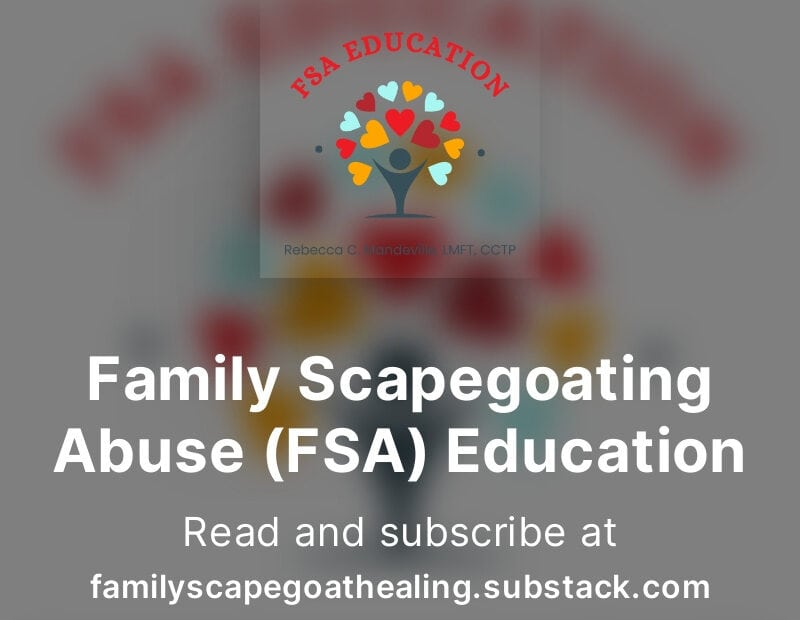The FSA Newsletter Is Moving to Substack! Enjoy Ad-Free Access, Subscriber Upgrades, and Community Features
Due to a technical glitch I have not been able to resolve, I am no longer able to email my… Read More »The FSA Newsletter Is Moving to Substack! Enjoy Ad-Free Access, Subscriber Upgrades, and Community Features



